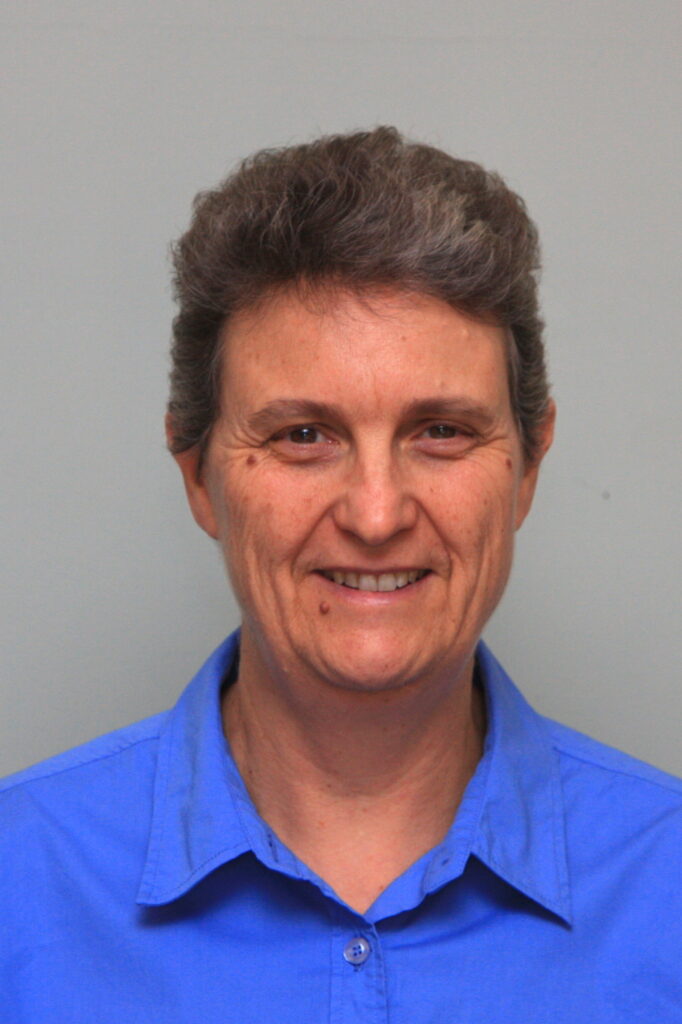
Joy is a mother of two breastfed children and qualified as a volunteer breastfeeding counsellor with the Australian Breastfeeding Association (formerly Nursing Mothers’ Association of Australia) in early 1987. She has undertaken many roles in the Association at local, state and national level and is still an active volunteer.
From 1991 to 2021, Joy has been accredited as an International Board Certified Lactation Consultant (IBCLC) and ran a small, part-time private practice as a lactation consultant from 1992 until the end of 2004.
Over the many years of helping breastfeeding mothers and babies, Joy developed a special interest in lactose intolerance and food intolerance, particularly in breastfed babies. Click here to view an article written by Joy on lactose intolerance. Lactose overload is often mistaken for lactose intolerance. Click here for Joy’s article on this subject.
This interest expanded to food intolerance in people of all ages. Joy completed a Bachelor of Science (Nutrition) and Postgraduate Diploma in Dietetics at Curtin University of Technology. This qualified Joy as an Accredited Practising Dietitian (APD) as recognised by the Dietitians Association of Australia.
Joy ran a practice as a dietitian and lactation consultant from 2009 to 2016.
Food intolerance
Food intolerance can significantly affect quality of life, yet many people don’t connect their symptoms to the food they eat.
Conditions such as irritable bowel syndrome, migraines, sleep problems, rashes, stomach aches, diarrhoea, constipation, mouth ulcers and hyperactive behaviour in children are related to diet in many people.
Symptoms in babies can include colic, gastro-oesophageal reflux and rashes. Some sensitive babies who are breastfed can have problems as a result of what their mothers are eating. Click here to view Joy’s article published in Child magazines throughout Australia in June 2010. Another of Joy’s articles on this subject can be seen here. Some babies seem to react to some foods in mothers’ diets, such as ‘windy’ foods (legumes, cabbage family vegetables, onions, etc). Not all babies will have a problem with these. Similarly, some babies become unsettled if the mother eats spicy food; however, if that is part of your normal diet and you ate these foods during pregnancy, your baby may not necessarily have a problem with them through your milk.
Each mother/baby pair with food-related symptoms is different, so special diets excluding large numbers of foods are not the best that you can do for yourself and your baby. The aim is to find the least restricted diet. This way you can enjoy lots of normal foods and avoid only those that cause problems.
Mothers’ nutrition is also important. Click here to see an article written by Joy on diet and weight loss while breastfeeding.
Much more information is available in Joy’s book.
